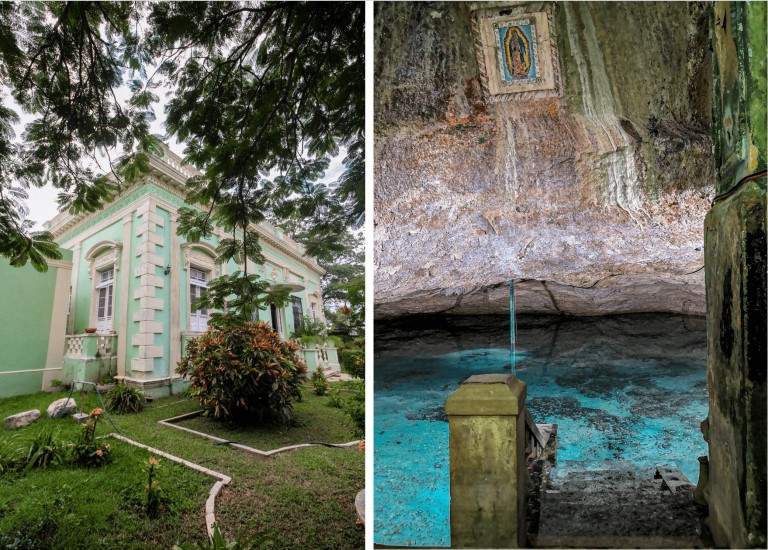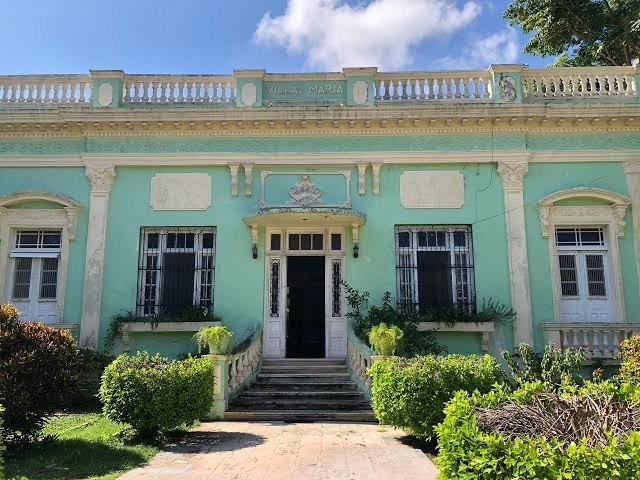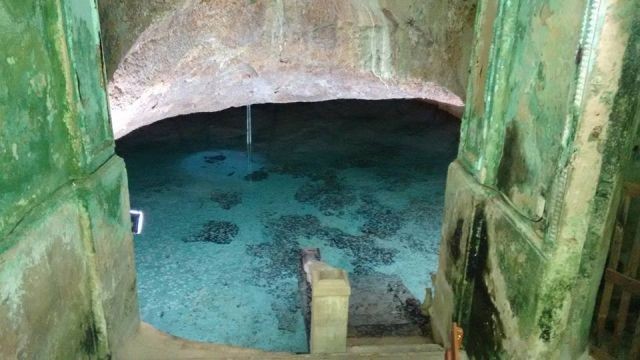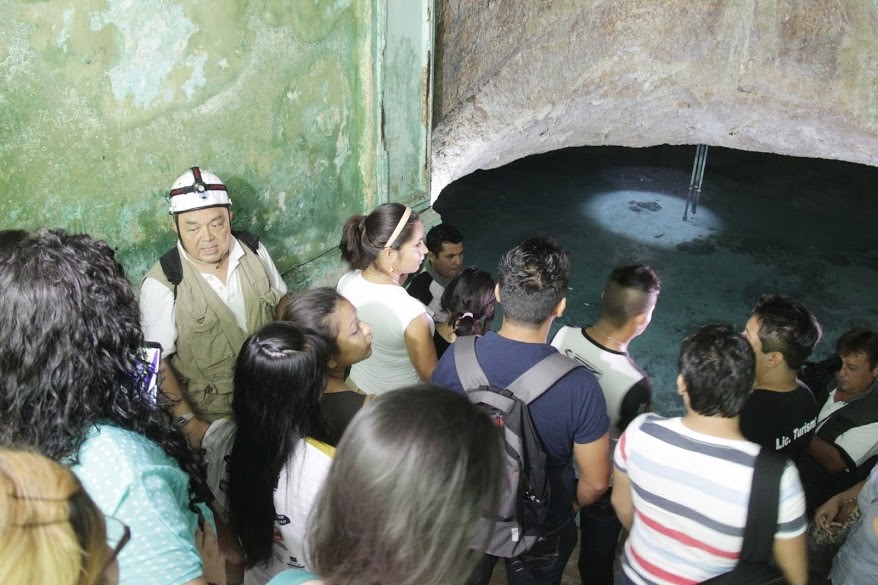Only three known cenotes remain within the downtown area of Merida, because during the construction of the city several of these were closed so that the urban works could continue.
(MERIDA, YUC. – TYT).- In Mérida there are more than 100 archaeological sites that show the presence of a very important ancient pre-Hispanic city where the benefits of the environment were used at their maximum, water was the most used resource by this population, the cenotes were and continue to be the silent witnesses of those days.
Something that should be highlighted in the Mayan use of water is the social and religious use, which is why the Spaniards who came to settle in these localities covered many cenotes in order to end the Mayan rites.

For example, we have the Franciscan monks who had indicated to form congregations of indigenous people near a water source, reason enough to take the cenotes inside the norias. The domain of water was then another tool of evangelization and with the years of power, over the years, the cenotes became wells or were definitively closed.
With the development of the city and the large amount of water that was needed to provide water to the growing population, it brought with it new irrigation and water distribution systems, so the cenotes were being forgotten in the subsoil.

(Photo: mxcity.mx)
Currently, it is not uncommon to find out that many houses are built on top of caves or cenotes, as in the case of Villa María, which is located at number 202 on Calle 27 between 20 and 22, Mérida Centro; it is one of the three cenotes (as far as we know) that were not closed for the years and the urban development.
The house has gone through different owners, a little more than 60 years ago it was in the hands of a man who did not have the resources to maintain it, so the construction was sold to the Missionary Sisters of María Inmaculada, who discovered the cenote when they arrived to live there.

This private cenote is one of many found in Merida. (Photo: mxcity.mx)
At the entrance there were stones that were removed to reveal a neoclassical portico, handrails, and stairs, which were gradually fixed by the owners, even fitting it with electric light and an image of the Virgin Mary.
The cenote can only be visited to be observed from the platform and the stairs, from where you can admire small fish that live there. This cenote is periodically supervised by the authorities in charge of hygiene and health, which always report magnificent sanitary conditions in which the missionaries maintain it.

This private cenote is one of many found in Merida. (Photo: mxcity.mx)
- Villa Maria: Calle 27, between 20 y 122 Colonia García Ginerés, Merida, Yucatan.
TYT Newsroom


